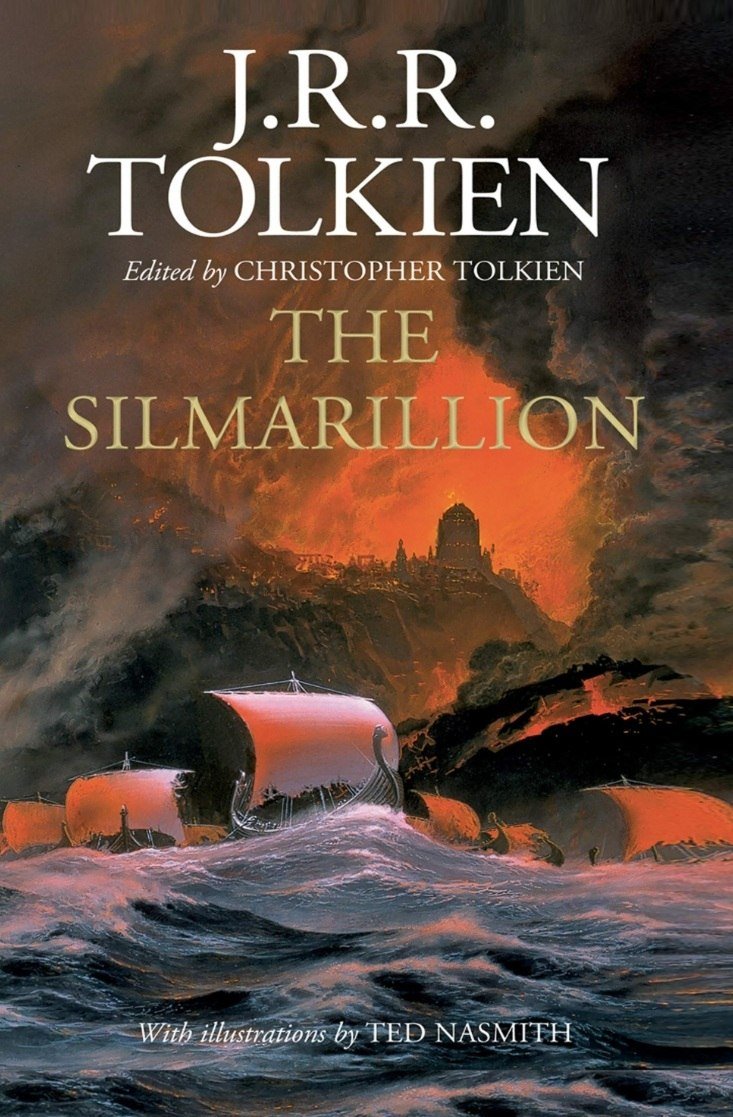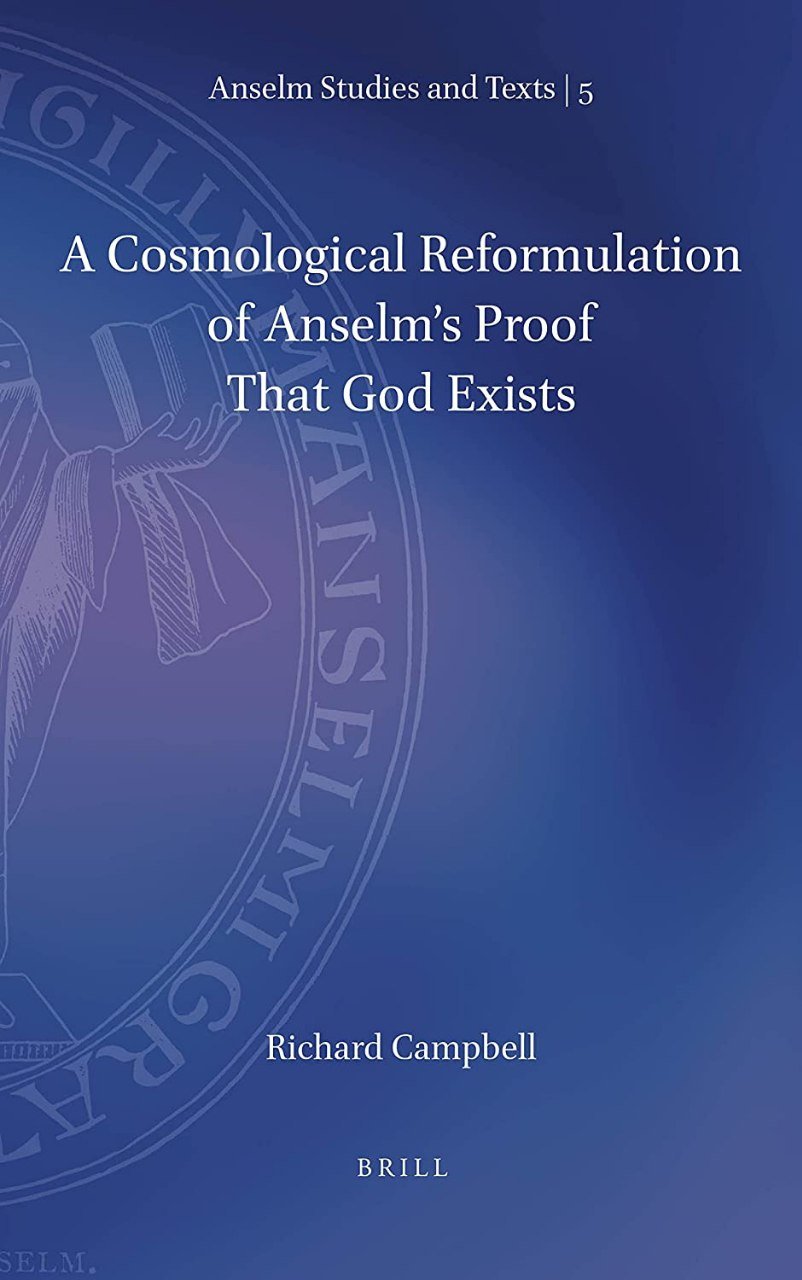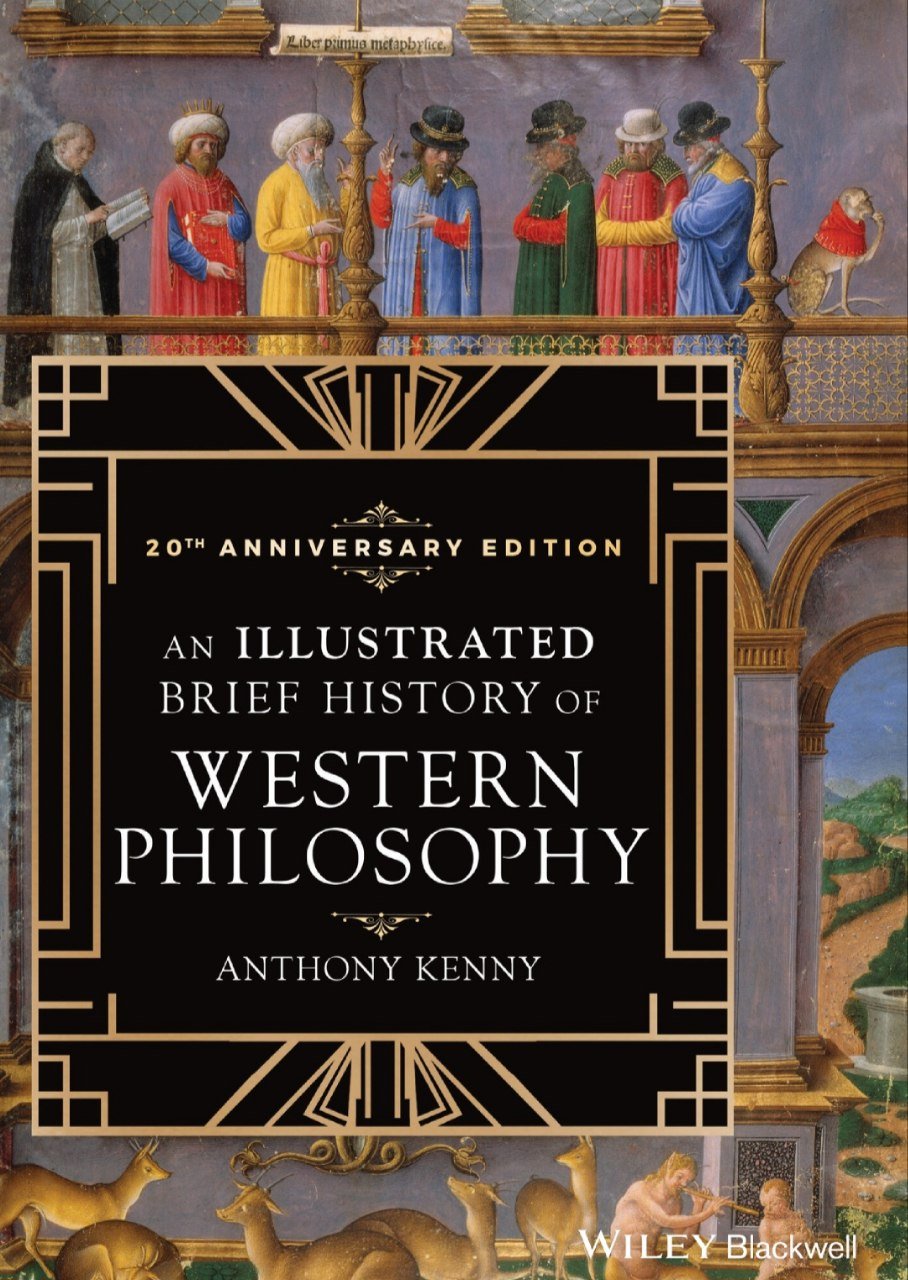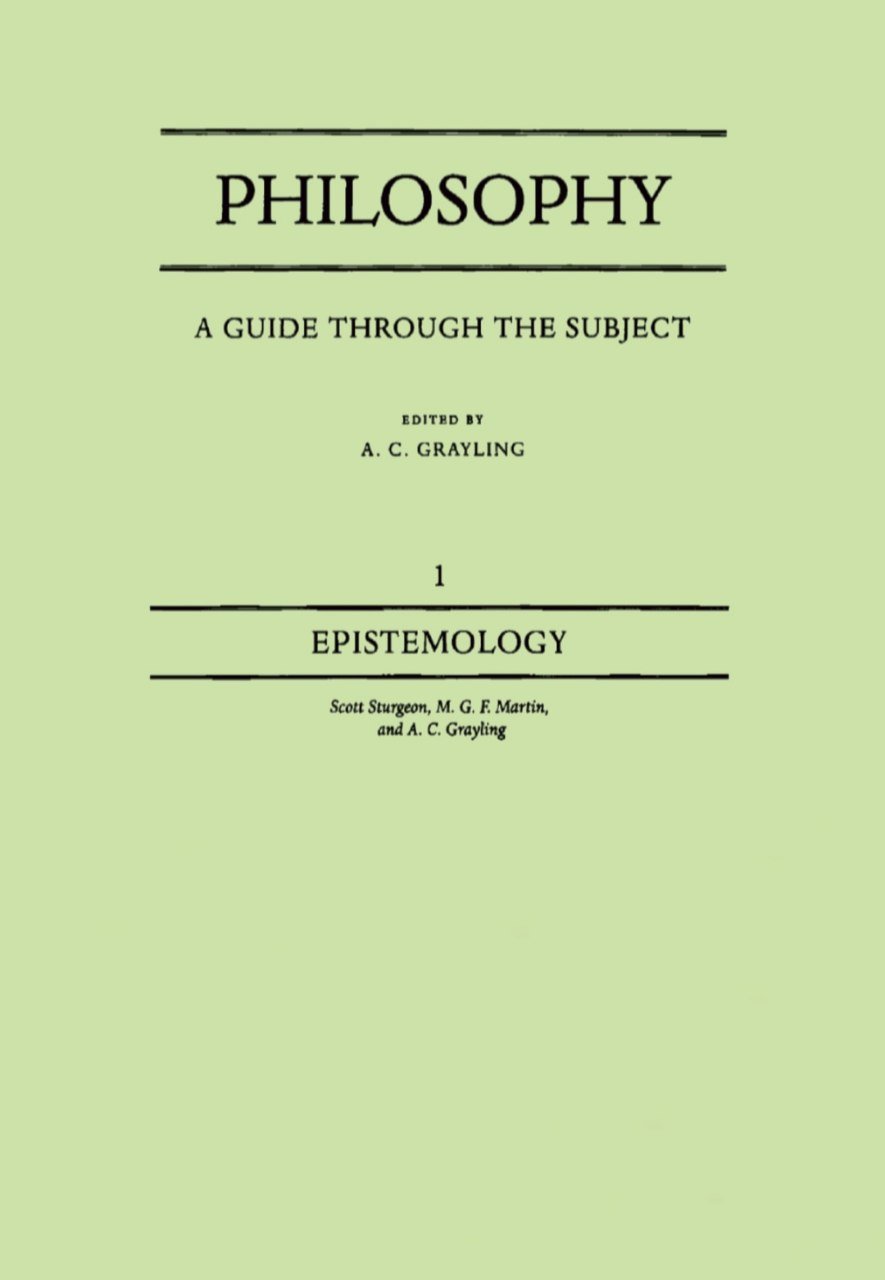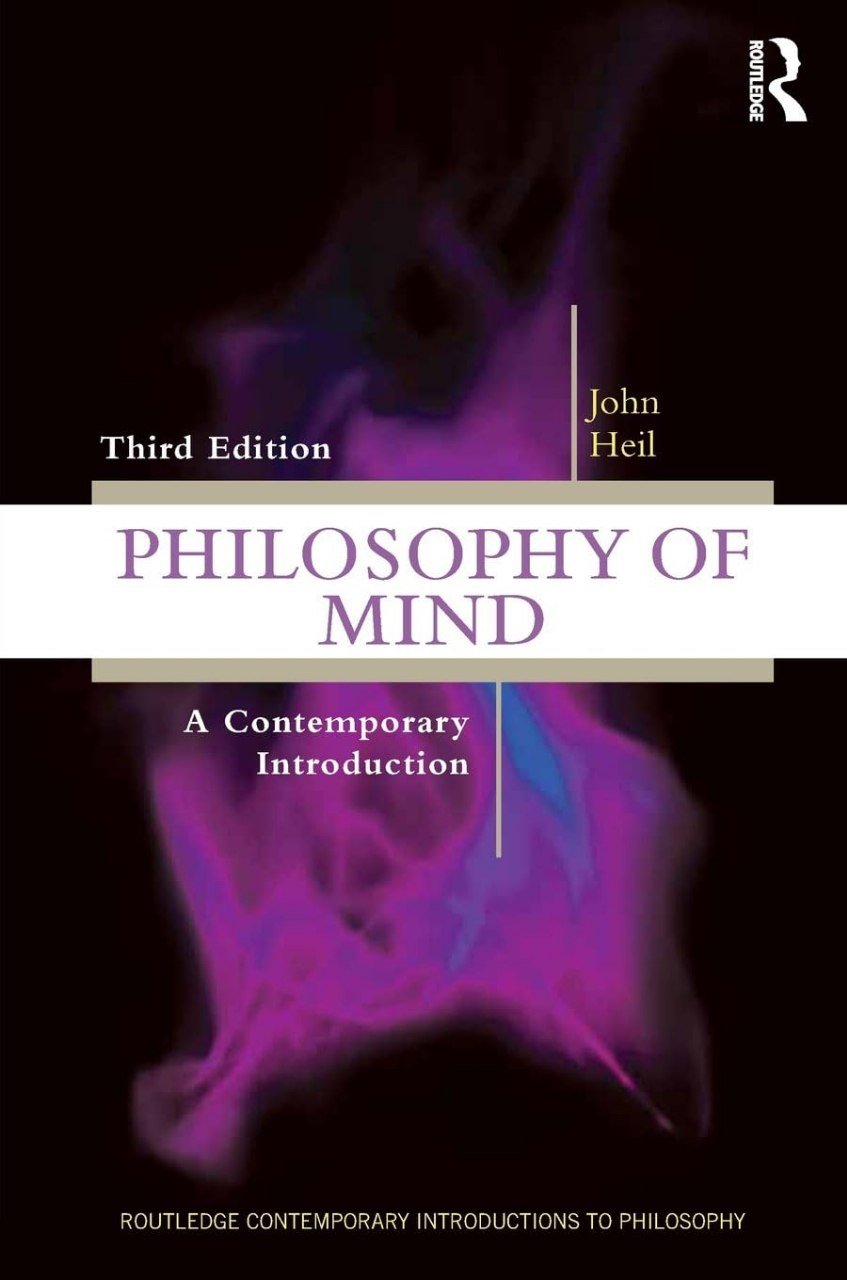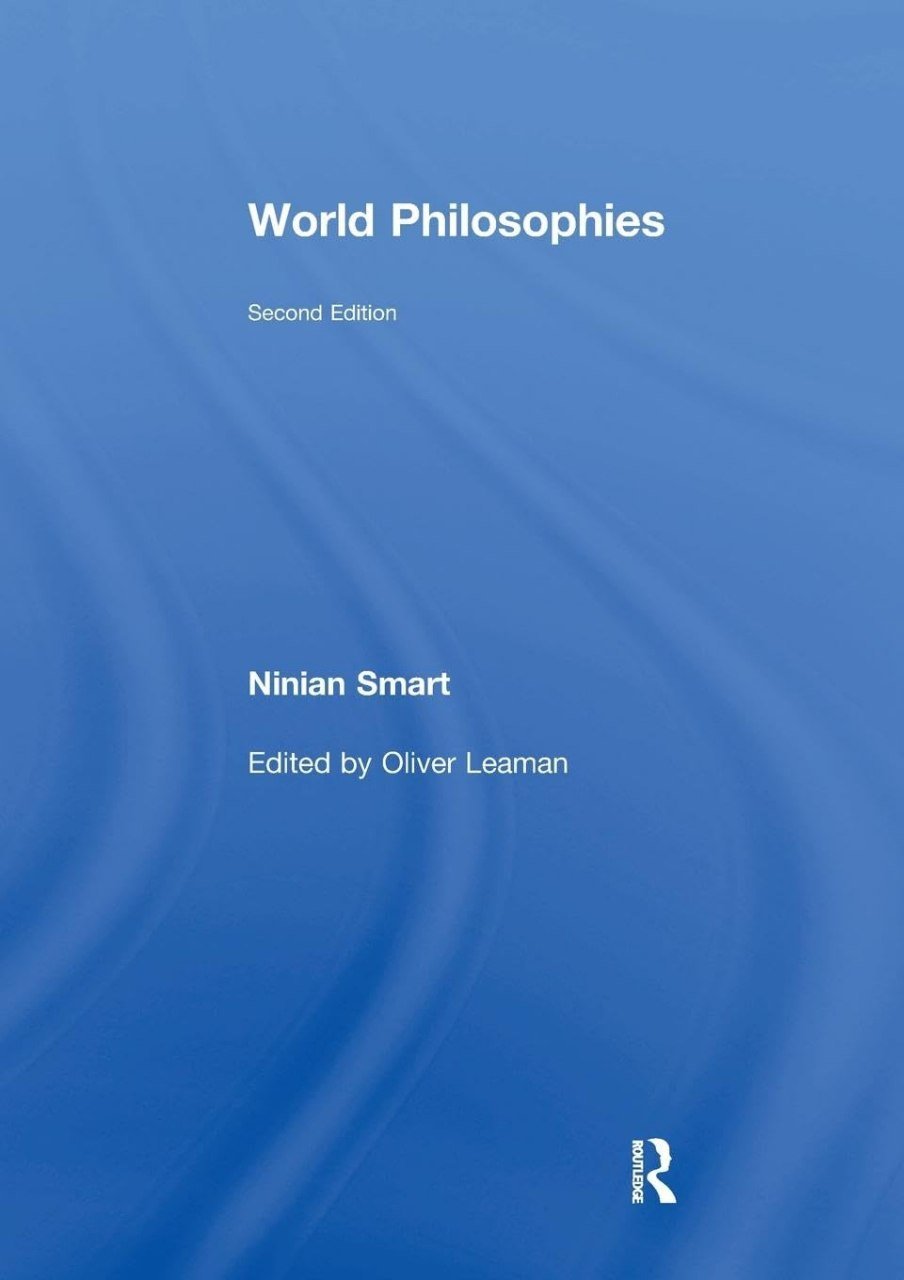
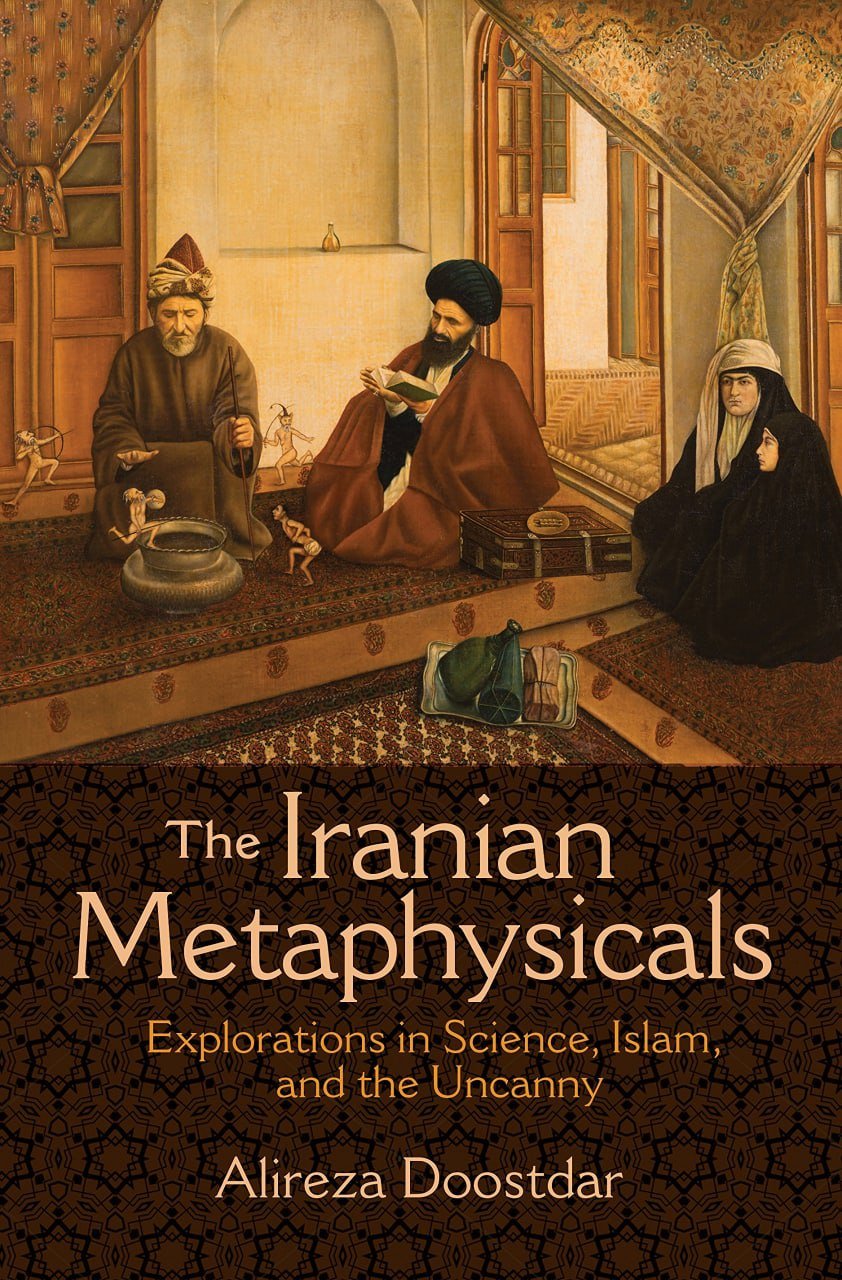
The Iranian Metaphysicals by Alireza Doostdar
Reviews
No review yet. Be the first to review this book!
Description
The Iranian Metaphysicals: Explorations in Science, Islam, and the Uncanny by Alireza Doostdar, published in 2018, is a fascinating ethnographic study that explores how metaphysical beliefs, Islamic traditions, scientific inquiry, and the supernatural intersect in contemporary Iran. Drawing from extensive fieldwork, Doostdar provides a nuanced analysis of the ways in which Iranians engage with the unseen world, blending rationality with faith, science with spirituality, and tradition with modernity. The book delves into the vibrant and often surprising world of Iranian metaphysical practices, including spirit summoning, jinn exorcism, paranormal investigations, and occult sciences (known as 'ulum-i ghariba). Doostdar examines how these practices coexist with Islamic piety and scientific reasoning, challenging simplistic dichotomies between rationality and superstition or religion and science. At the heart of Doostdar’s analysis is a focus on how Iranians navigate questions of knowledge, truth, and authority when dealing with the supernatural. He shows how metaphysical practices are not merely relics of pre-modern beliefs but are actively shaped by contemporary concerns, such as modern science, national identity, and political power. For instance, Doostdar discusses university-educated paranormal investigators who employ scientific methods to study the supernatural, as well as Islamic clerics who engage in jinn exorcism while positioning their work within an Islamic theological framework. Doostdar’s work is deeply interdisciplinary, drawing from anthropology, religious studies, philosophy, and science and technology studies. He provides a rich cultural and historical context for understanding metaphysical practices in Iran, while also raising broader questions about the nature of belief, knowledge production, and the boundaries between science and religion. The Iranian Metaphysicals is notable for its balanced and respectful approach. Doostdar avoids sensationalism, instead offering a thoughtful and empathetic portrayal of his subjects. His writing challenges Western-centric assumptions about modernity, rationality, and religion, offering readers a fresh perspective on how different societies grapple with the mysteries of existence. In sum, this book is an important contribution to the study of contemporary Islam, Iranian society, and the anthropology of the supernatural. It invites readers to rethink preconceived notions about the interplay between science, religion, and the uncanny in a modern Islamic context.
























.jpg)












.jpeg)


.jpeg)
.jpeg)



.jpeg)
.jpeg)



.jpg)









.jpg)

.jpg)

.jpg)








.jpg)






.jpg)






.jpg)
.png)



